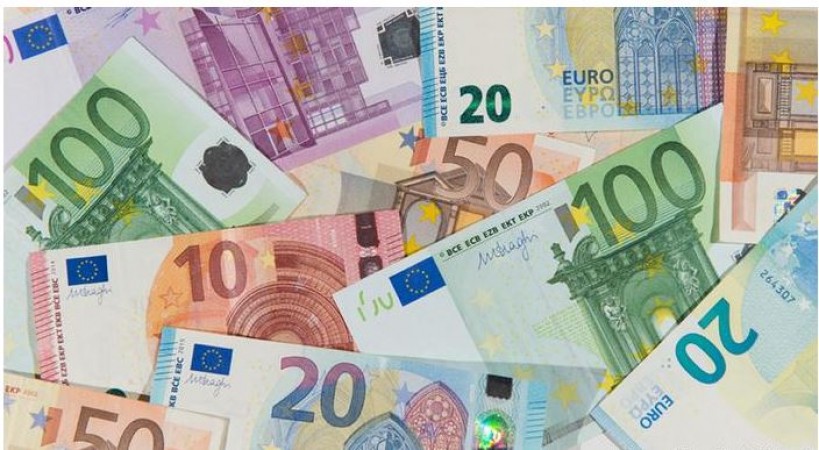
BERLIN:According to preliminary estimates released by Germany's Federal Statistical Office, inflation in May reached 7.9%, the highest level since the first oil crisis in 1973/74.
Food costs rose by 11.1 percent year on year amid wheat shortages and fears of a worldwide food catastrophe, according reports, while energy prices rose by 38.3 percent.
The Russian-Ukraine war has produced an increase in energy prices, which has had a "significant impact on the high inflation rate," according to the Office. Meanwhile, the Covid-19 epidemic has produced supply chain disruptions, which has pushed up inflation.
According to the Federal Statistical Office, import prices in Germany increased 31.7 percent year over year in April. Natural gas had the greatest impact on energy prices, increasing by more than 300 percent year over year, followed by crude oil, which increased by 77.5 percent year over year. Fuel tax in Germany will be temporarily reduced to cushion growing energy prices, and citizens will get a one-time energy allowance of 300 euros (USD323).
During the summer, a low-cost public transportation pass will be available for just 9 euros per month to encourage people to move from vehicles to buses and trains.
Nepal Govt to lower threshold for foreign investments
Crude Oil prices rise ahead of EU meet on Russian sanctions; Brent hits at USD119.89/bbl
Austria's inflation prediction for 2022 scales up 6.5 pc